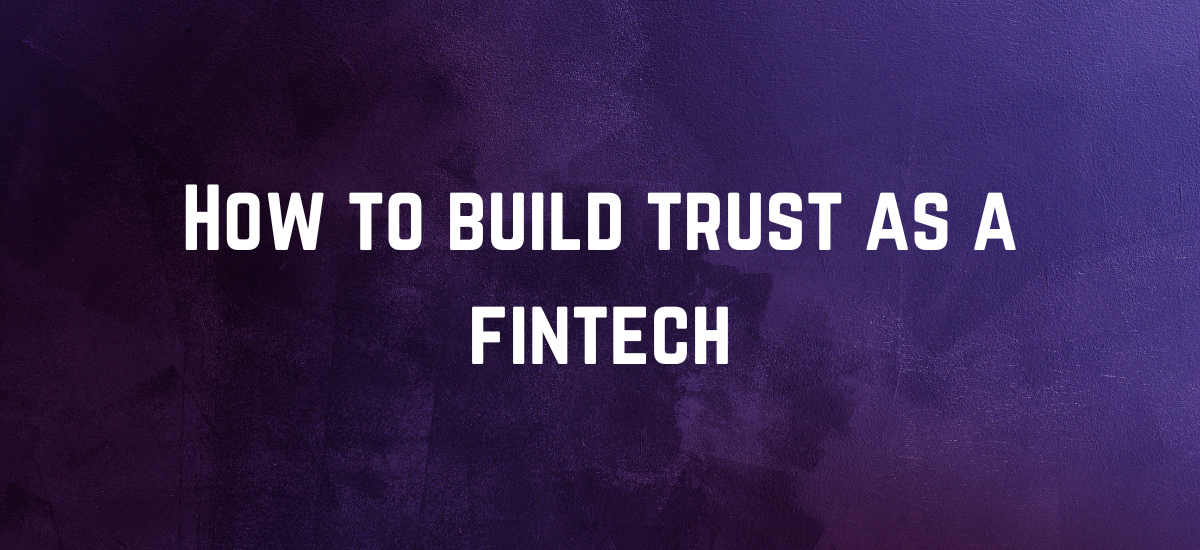by deborah
Share
by deborah
Share

Blockchain has become an incredibly hot topic in the financial sector — and for good reason.
In the recent Deloitte Global Blockchain Survey, 73% of respondents agreed that their organizations may lose out on competitive opportunities if they fail to adopt blockchain technology and digital assets in the coming years. A further 80% agreed blockchain technology could result in new revenue streams.
When it comes to blockchain technology, there are both pros and cons to the adoption of it within finance. With the right approach to blockchain, financial institutions and FinTechs alike can potentially boost profits and add tremendous value for customers.
This article aims to remove some of the mystery surrounding blockchain, including what exactly blockchain technology is, the pros and cons associated with it, and how it can benefit the FinTech industry.
What is Blockchain?
Blockchain is a type of database technology that involves a distributed ledger shared amongst several nodes within a computer network.
Unlike a traditional database — which stores information in tables — a blockchain stores information into groups of data called blocks. These blocks include exact timestamps recording their creation. Once created, a block cannot be changed, making it immutable.
This does not mean data cannot be modified but rather that all modifications are recorded within the ledger system, providing a full-picture data or transactional history for each block.
Popular blockchain technologies include cryptocurrencies and NFTs, though there are many use cases for blockchain beyond these.
What are the Benefits & Drawbacks of Blockchain?
Like any technology, there are both advantages and disadvantages to a blockchain. The distributed ledger used within a blockchain can offer heightened transactional security.
However, due to the decentralized, typically non-custodial nature of blockchain technology, losing access to a blockchain wallet (a digital wallet located on the blockchain where digital assets are stored) can mean permanently losing access to certain assets.
Let’s examine some of these pros and cons in greater detail:
Pros of Blockchain Technology:
- Decentralization: Decentralization is a term used to refer to the distribution of control and decision-making over a given technology, asset, or another item from a centralized entity (such as a central bank) to a distributed network. In simple terms, this means that people who utilize blockchain technology for storing funds and assets can maintain better control over their belongings without the use of a third-party intermediary.
- Peer-2-Peer Transactions: Since a third party is not necessary with a decentralized blockchain network, peer-to-peer (P2P) transactions are made possible. This enables individuals to deal directly with each other and trade funds, cryptocurrencies, or other digital assets back and forth without the intervention of a third party.
- Immutable Ledgers: As mentioned, the distributed ledger technology used on a blockchain is immutable, meaning it cannot be permanently changed, only modified. As a result, blockchain is considered to be more secure from fraud, as the immutable ledger keeps track of each and every asset on the blockchain, including who assets and wallets belong to.
Cons of Blockchain Technology:
- Complex Barriers to Entry: Blockchain technology can be incredibly complicated, especially considering it does not have a centralized authority governing it. As a result, blockchain can present significant barriers to entry for those unfamiliar with the technology, making it difficult to offer for widespread use without the support of a blockchain-based exchange or service provider.
- Slow Transactional Speeds: Depending on how you are accessing a blockchain and carrying out a transaction, transactional speeds can be much slower compared to traditional financial or payment methods. This is due to the scalability problem known as the Blockchain Trilemma — a belief that a decentralized network can only offer users two out of the three key benefits of scalability, security, and decentralization.
- Vulnerability to Hacks: Though blockchain is considered to be an overall more secure technology, it is still vulnerable to hacks and other cybercrimes. Some of the most common forms of blockchain hacks involve phishing, wherein a hacker gains access to a person’s blockchain wallet via fraudulent links that connect them to the person’s custodial and/or exchange account.
How Blockchain Can Benefit FinTech: 3 Key Use Cases
FinTech and blockchain are inherently related to one another.
As FinTech companies continue to expand their offerings and explore innovative technologies, the need to adopt blockchain-based solutions become more and more evident.
Keeping in mind the pros and cons discussed above, let’s look at 3 key use cases for blockchain technology in finance and FinTech:
- Enhanced Identity Verification: Thanks to the immutable ledger used within blockchain technology, FinTechs have the opportunity to develop enhanced identity verification models that make use of these unchangeable records. A blockchain acts as an open, shared ledger that requires a consensus process that can help to keep fraudulent transactions out of the system.
- Elimination of High Transactional Fees: As discussed above, blockchain technology enables peer-to-peer transactions, eliminating third-party intermediaries and, thus, reducing the amount of fees accrued during a transaction. This has benefits for consumers and businesses alike, making it easier to conduct business internationally and work directly with one another.
- Reduced Operational Costs: According to a PWC report, the use of distributed ledger technology in financial services could reduce the cost of financial service infrastructures by between $15 billion to $20 billion annually. With the right implementation, blockchain technology could help to decommission outdated legacy systems while also providing financial services providers with a more secure system for storing and sharing data.
Final Thoughts: The Future of Blockchain in Finance
The reality of blockchain technology is that it still has a long way to go before it is widely adopted within the financial sector.
Not only are banks and other government-backed financial institutions hesitant to embrace decentralized finance systems that essentially cut them out as middlemen, but blockchain technology is still relatively new with many kinks that still need smoothing.
However, for FinTechs and other financial service providers looking to maintain a sharp competitive edge, early adoption of blockchain technology is ripe with opportunity — and with central banks, such as the Federal Reserve, already exploring the potential of creating central bank digital currencies, the future of blockchain-based finance may not be as far off as we think.
Written by Sam Kepple





